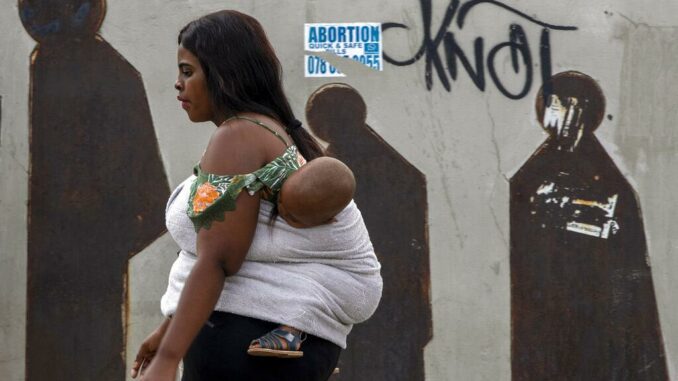
Liberian parliamentarians are preparing legislation to expand access to abortion, which is currently subject to severe restrictions that many women circumvent through clandestine and unsafe means.
A joint Senate committee began debating a bill on 13 June that would greatly expand the availability of legal abortion up to 12 weeks of pregnancy.
The existing law allows abortion only in cases of rape, incest, fetal abnormality, danger to the mother’s life or risk to her physical or mental health. Medical exemptions require written approval by at least two doctors. In the case of rape or incest, proof must be provided in court.
Otherwise, abortion is punishable by up to three years in prison. “We want abortion to stop being a criminal offence, we want to amend the penal code to legalise abortion,” the chair of the Senate Health Committee, Augustine Chea, who initiated the bill, told parliament in early June.
Liberian women who do not meet the criteria imposed by the law resort to dangerous abortion practices. Liberia has one of the highest maternal mortality rates in the world, with 1,072 deaths per 100,000 births in 2017, according to the UN.
Despite restrictions, Liberian women have better access to abortion than their West African neighbours in Côte d’Ivoire or Sierra Leone, for example, according to the US research institute Guttmacher.
Benin became in 2021 one of the very few African countries to allow voluntary termination of pregnancy. After the work in committee, the text must be submitted to the vote of the two chambers of parliament, and then, if it is adopted, be promulgated by the president.
